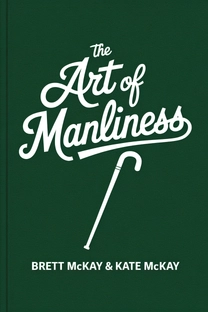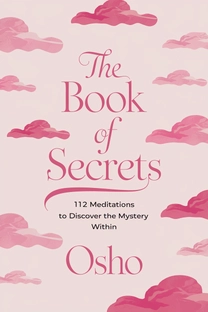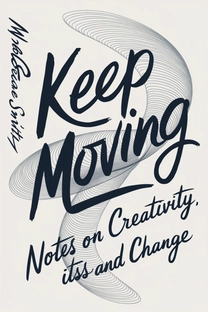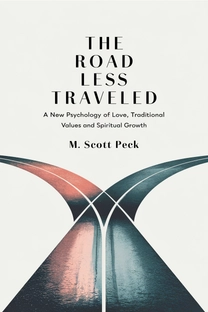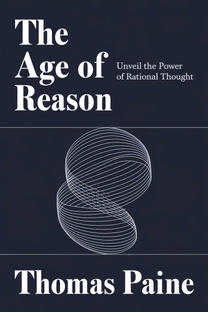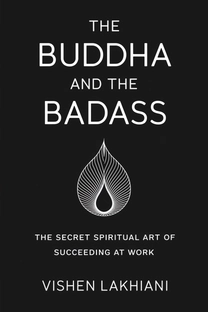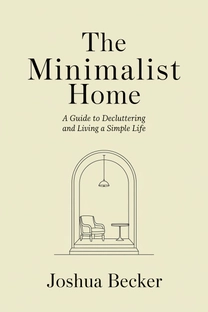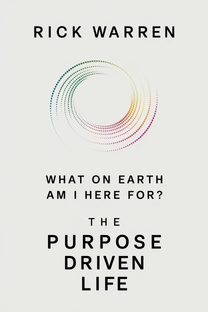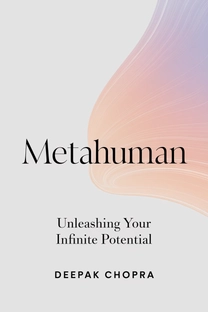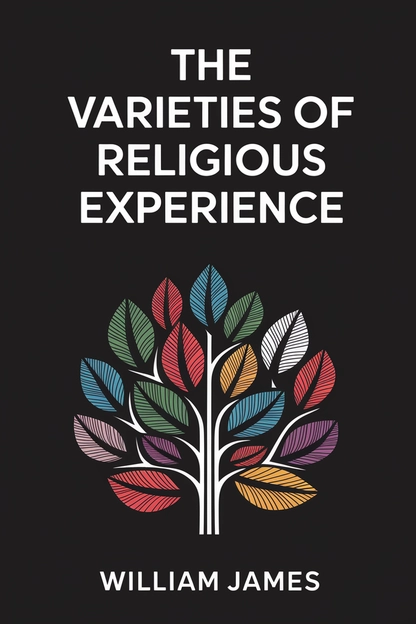
The Varieties of Religious Experience
by William James
Brief overview
This book delves into the diverse ways individuals experience and understand religious faith. It shows how personal convictions and emotional states shape one’s spiritual life, and it presents firsthand accounts of both serene and tumultuous pathways to belief. By reading it, you will gain a deeper appreciation of how feelings, personalities, and cultural backgrounds profoundly influence one’s sense of the divine.
Introduction
Welcome to an exploration of how varied and personal religious experience can be. Instead of focusing on church doctrine or ritual, this journey delves into how individuals actually feel and live out their spirituality. Our guide collects numerous personal accounts, from peaceful, positive faith to dramatic conversions and ecstatic visions.
We will discover that religious conviction often grows from a very human combination of emotion, intellect, and sometimes even bodily sensations. The aim is to show that such experiences matter not only for believers but for anyone curious about human psychology and how deeply it can be impacted by spiritual impulses.
In this introduction, consider how easily you might dismiss or welcome someone’s story of divine presence. The key is to remain open to the fact that what sounds irrational to one person may be profoundly reassuring to another. Let us now step into this world of personal testimonies with curiosity and respect.
The Diversity of Religious Emotion
One striking feature of religious experience is the sheer range of emotions involved. Some individuals feel a constant lightness, even a buoyant happiness, which colors their entire view of the world. They see life as essentially good. Others stand on the opposite shore, weighed down by doubt, dread, and remorse.
Observing these contrasts highlights the idea that beliefs are not formed solely by rational arguments. Often, emotional temperament sets the stage for how a person receives or rejects religious ideas. A melancholic soul might find comfort only in a stern sense of duty or a redeeming epiphany, while an upbeat nature sees goodness emanating everywhere.
Hence, religion intersects with temperament in profound ways. The personal lens you bring can shape how you experience—or fail to experience—holiness and inspiration. Recognizing this interplay prepares us for exploring more intense forms of faith and celebration.
What is The Varieties of Religious Experience about?
"The Varieties of Religious Experience" by William James offers an in-depth exploration into the myriad ways in which individuals experience and comprehend religious faith. This seminal work is not just a theological treatise; rather, it is a detailed study of human psychology intertwined with spirituality. James deftly examines how personal beliefs, emotional states, and historical context shape an individual's spiritual journey, providing readers with firsthand accounts ranging from serene faith experiences to more transformative and challenging pathways.
In this groundbreaking analysis, readers will find insights into how personal experiences and innate temperaments influence distinct types of religious outlooks. James argues convincingly that religion cannot be understood solely through external rituals or dogma; it is instead deeply personal, rooted in unique psychological landscapes. Through this understanding, James invites us to examine the profound impact these experiences have on forming one's sense of the divine and contributing to overall human understanding, offering a fresh lens on comprehending spirituality.
Review of The Varieties of Religious Experience
William James's "The Varieties of Religious Experience" stands out for its ability to connect psychological insights with religious phenomena, painting a vibrant portrait of individual spirituality. One of the book's key strengths is its ability to vividly portray personal narratives that showcase the wide spectrum of religious experiences. James's skillful narrative ensures that readers can easily engage with complex ideas, making the text accessible to a wide audience, from academic philosophers to curious laypeople.
The book's practicality is evident as it examines how religious beliefs translate into actions and life fulfillment. One of its unique aspects is the clear presentation of mystical experiences and their transformative power on one's worldview. Through his analyses, James offers valuable takeaways: the nature of religious conversions, the psychological profiles of the "healthy-minded" and the "sick soul," and the overarching idea that religious beliefs can lead to mental equilibrium and personal growth.
In terms of its writing style, James's prose is a balance of academic rigor and engaging storytelling. His narrative ensures that the themes explored are not just theoretical but tangible, offering insights to professionals and anyone interested in the psychological underpinnings of belief. Readers will find "The Varieties of Religious Experience" a must-read, not only for its philosophical content but also for its potential to enrich one's understanding of human nature and spirituality.
Who should read The Varieties of Religious Experience?
- Psychologists seeking to understand the intersection of human psychology and religious experiences could greatly benefit from this book as it provides insights into the emotional and cognitive aspects of spirituality.
- Students of theology and religious studies will find James's work an invaluable resource as it challenges traditional views and offers a psychological perspective on spirituality.
- Individuals who are personally exploring spiritual beliefs or are in search of a deeper understanding of their faith might find solace and clarity in James's detailed exploration of personal religious experiences.
- Academic researchers interested in the historical and cultural facets of religion might appreciate the book's sociocultural insights into how faith is experienced across different societies.
- Philosophers who delve into the study of belief systems and consciousness can use this book as both a reference and inspiration for understanding the role of faith in human history.
About the author
Book summaries like The Varieties of Religious Experience
Why readers love Mindleap
10-Minute Book Insights
Get the core ideas from the world's best books in just 10 minutes of reading or listening.
Curated For You
Discover your next favorite book with personalized recommendations based on your interests.
AI Book ExpertNew
Chat with our AI to help find the best book for you and your goals.
Reviews of MindLeap
Love how I can get the key ideas from books in just 15 minutes! Perfect for my busy schedule and helps me decide which books to read in full.
Alex R.
The summaries are incredibly well-written and the audio feature is perfect for my commute. Such a time-saver!
Jessica M.
Great app for personal growth. The insights are clear and actionable, and I love how they capture the essence of each book.
Chris P.
The app is beautifully designed and the summaries are top-notch. Definitely worth every penny!
Sarah K.


